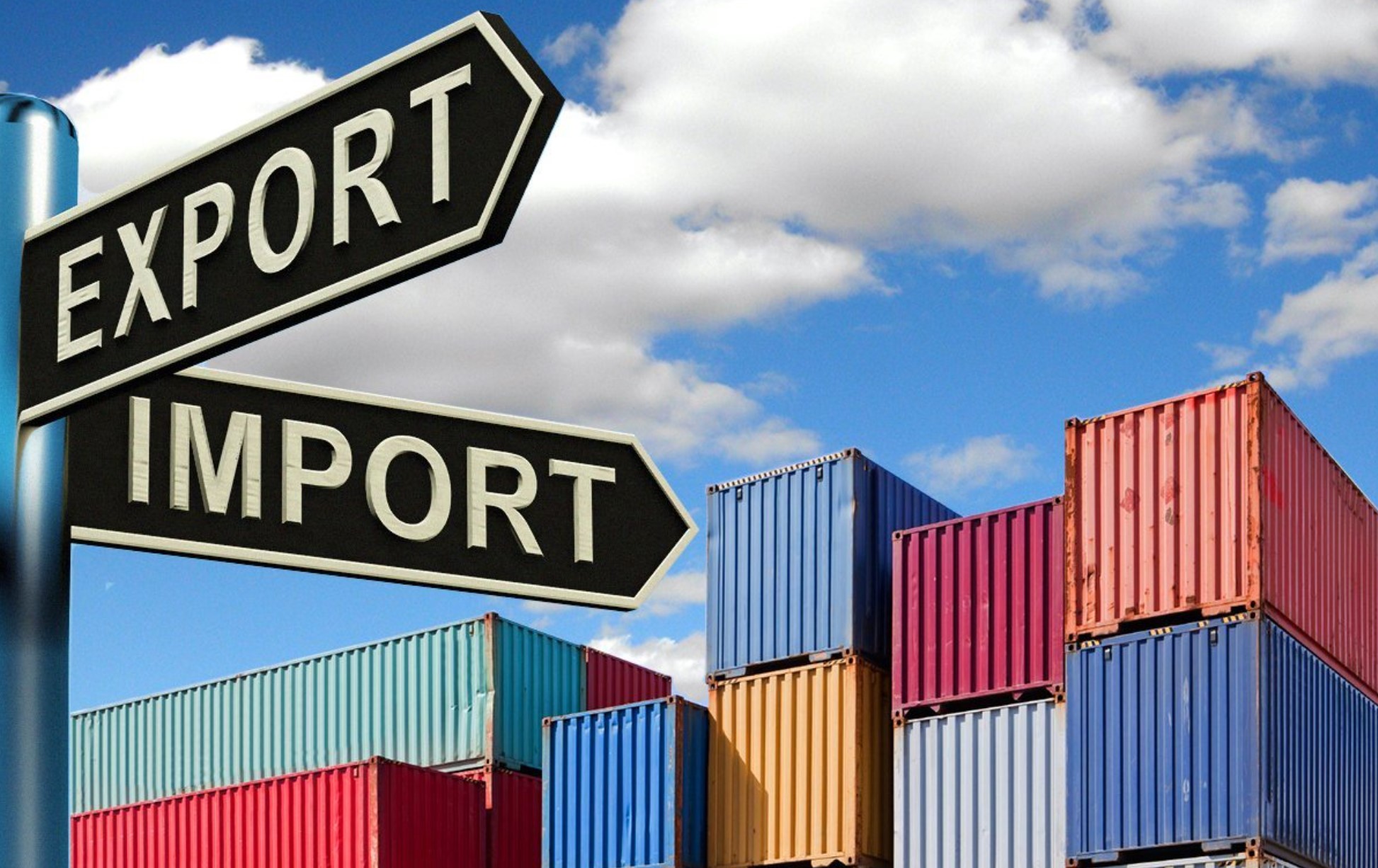———————————————
In today’s world of trade, branding has taken on a new meaning. While in the past entering a market required having your own brand, promotion, marketing, and years of building reputation, today more and more manufacturers are turning to the Private Label model. According to Dragon Logistics specialists, this approach opens up unique opportunities, especially for exporters seeking to scale their business into foreign markets without direct competition with major brands.
What is Private Label?
Private Label is the production of goods that are sold under the customer’s brand. For example, a Ukrainian company produces organic tea, but on supermarket shelves in Germany it appears under a local brand familiar to consumers.
It’s a strategy where the customer takes care of marketing, promotion, and distribution, while the manufacturer focuses on product development, production, and supply. As a result, everyone benefits. The customer gets a high-quality product without investing in production, while the manufacturer secures stable volumes and access to new markets.
The European market is one of the most dynamic in this segment. According to Nielsen research, Private Label accounts for 35–50% of the market share in some countries, including Germany, the UK, and France. Poland, Romania, and Slovakia are also promising markets with logistical advantages.
Why this model is attractive for exporters
There are several key advantages that make this model appealing for exporters:
- fast access to foreign markets – Private Label allows Ukrainian producers to bypass complex certification, marketing, and brand promotion processes in unfamiliar markets. By collaborating with major distributors or retail chains, products immediately reach consumers under a trusted local brand;
- stable order volumes – retail chains typically purchase large quantities under long-term contracts. This reduces financial risks for manufacturers and supports growth planning;
- minimal marketing costs – no need to invest in building a brand, as the partner has already done it. All that’s expected from the manufacturer is product quality, timely delivery, and compliance with standards.
This model is most actively developing in sectors such as food, cosmetics and personal care, household chemicals, electronics, and accessories.
Entering the Private Label market
Although this model doesn’t require investment in branding, it does require:
- high product quality – partners demand compliance with European standards, sometimes including production audits;
- production flexibility – the ability to adapt formulas, packaging, or labeling to customer requirements is a key advantage;
- readiness for certification – although the brand doesn’t belong to the manufacturer, responsibility for the product still does. ISO, HACCP, and organic certifications are often required.
Logistics capabilities also play a crucial role. Timely delivery and the ability to handle international documentation are a must-have.
Private Label is a strategy that opens doors for exporters to the global market without multimillion-dollar marketing investments. This model helps businesses scale, minimize risks, and make their products part of the global market today.
Ukraine has much to offer the world – from high-quality food products to innovative cosmetic formulas. The Dragon Logistics team is confident that Private Label is the tool that will bring these products to store shelves across Europe and beyond.
